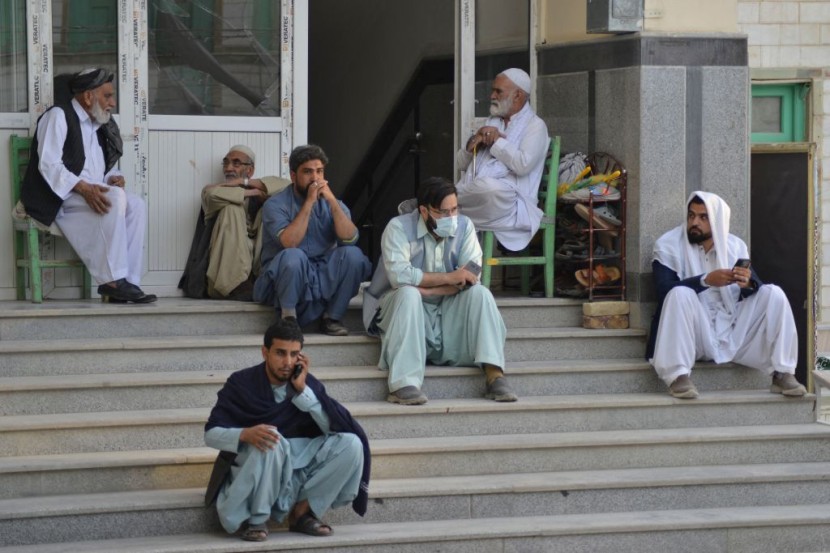
On Sunday, October 24, the Taliban interim government's Ministry of Agriculture, Irrigation, and Livestock unveiled a plan to generate jobs and avert a food crisis.
Minister of Agriculture, Irrigation, and Livestock Abdul Rahman Rashid told reporters that his ministry has begun a strategy to avert food shortages and poverty in the nation. Abdul Rahman promised that further steps will be done to boost the people's prosperity.
The initiative was initiated by the Ministry of Agriculture, Irrigation, and Livestock after it was approved by the Taliban caretaker government's council of ministers. Minister of Agriculture, Irrigation, and Livestock Abdul Rahman Rashid has announced the commencement of a "food-for-work" program in Kabul province.
Afghanistan experiences increasing unemployment, poverty
Over 40,000 people will be hired, and they will be given wheat to eat while they labor, according to the minister. He also mentioned that the strategy will be applied in other provinces, as per Republic World.
Afghanistan's economic status has been deteriorating since the Taliban took control of the nation. Afghans have been confronting "higher unemployment" and increasing poverty as a result of the country's economic turmoil.
Concerns have been expressed by UN agencies about the humanitarian catastrophe in Afghanistan, with warnings that the situation in the war-torn country is deteriorating. Aid and medical supplies have been delivered to Afghanistan by UN organizations.
Per Free Press Journal, following the Taliban takeover in August, Afghanistan's economy has deteriorated, putting a large economic burden on local citizens in the form of increasing unemployment and rising poverty.
UN agencies, relief organizations, and a number of non-governmental organizations are also racing against the clock to get life-saving goods and supplies to Afghans in need before the winter season arrives.
Economic turmoil leaves Afghanistan hopeless
Afghanistan's female athletes, whose aspirations of competing at an international level have come to an end, say the country's political turmoil has left them with just one thing to cling to: hope.
After regaining control in mid-August, reports from the ground indicated that the Taliban clawed back women's rights that had been earned during the previous 20 years. Women were apparently subjected to a number of restrictions, including a prohibition on women's sports, Big News Network reported.
Human Rights Watch (HRW) noted earlier this month that the Taliban's traditional approach to women's and girls' rights remained virtually unaltered. Women journalists were sacked from state media, according to the rights organization, and women were advised to stay at home for their own protection.
The Taliban's prohibition on women's sports is "very disappointing," according to Mashhed Barez, a member of Afghanistan's national handball team. Barez said the Taliban have not altered since the group's control in the late 1990s. The Taliban prevented female staffers from visiting Kabul's Ministry of Women Affairs last month, allowing only males to enter.
Experts feel that recent events are reminiscent of the ultraconservative Islamic dictatorship that witnessed regular stoning, amputations, and public executions during Taliban control prior to the US-led war that followed the September 11, 2001 terrorist attacks.
Related Article: Russia Seeks To Exert Influence Over New Regime as Taliban Attends High-Profile Afghanistan Talks
@YouTube
© 2026 HNGN, All rights reserved. Do not reproduce without permission.








